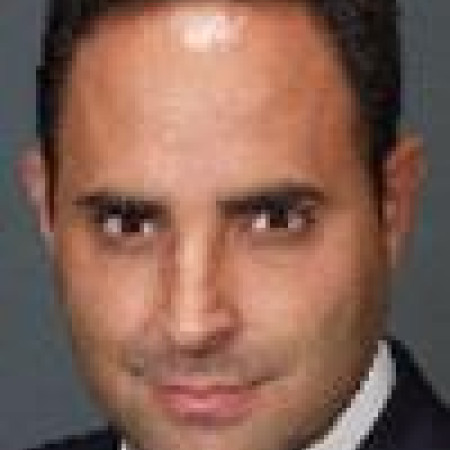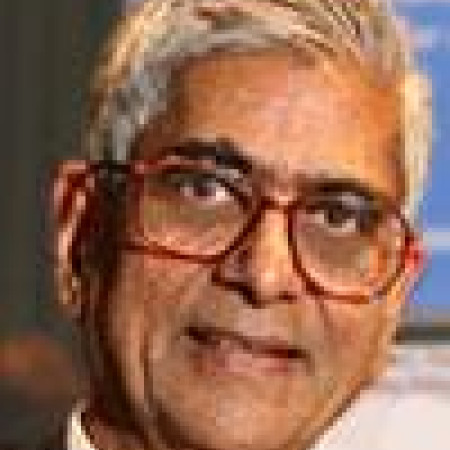Dr. Christopher Elias - Advancing Technology to Improve Health
PATH (Program for Appropriate Technology and Health) is a nonprofit organization designed to ensure that the benefits of innovation in science and technology are available to developing countries and remotely located, low-income groups. In this audio interview, host Sheela Sethuraman speaks with Dr. Christopher Elias, president and CEO of PATH, about the PATH's origins, accomplishments, and challenges.











